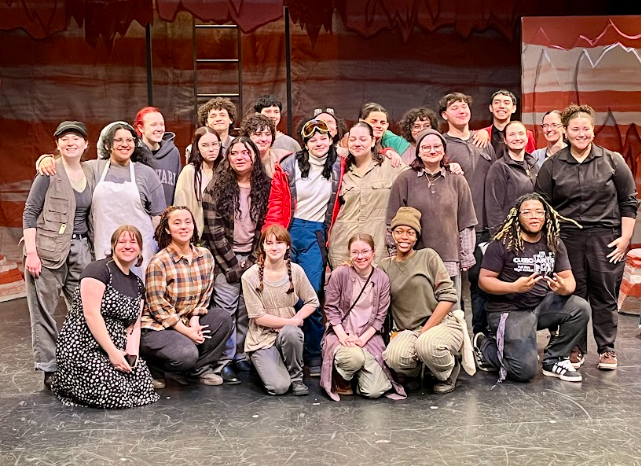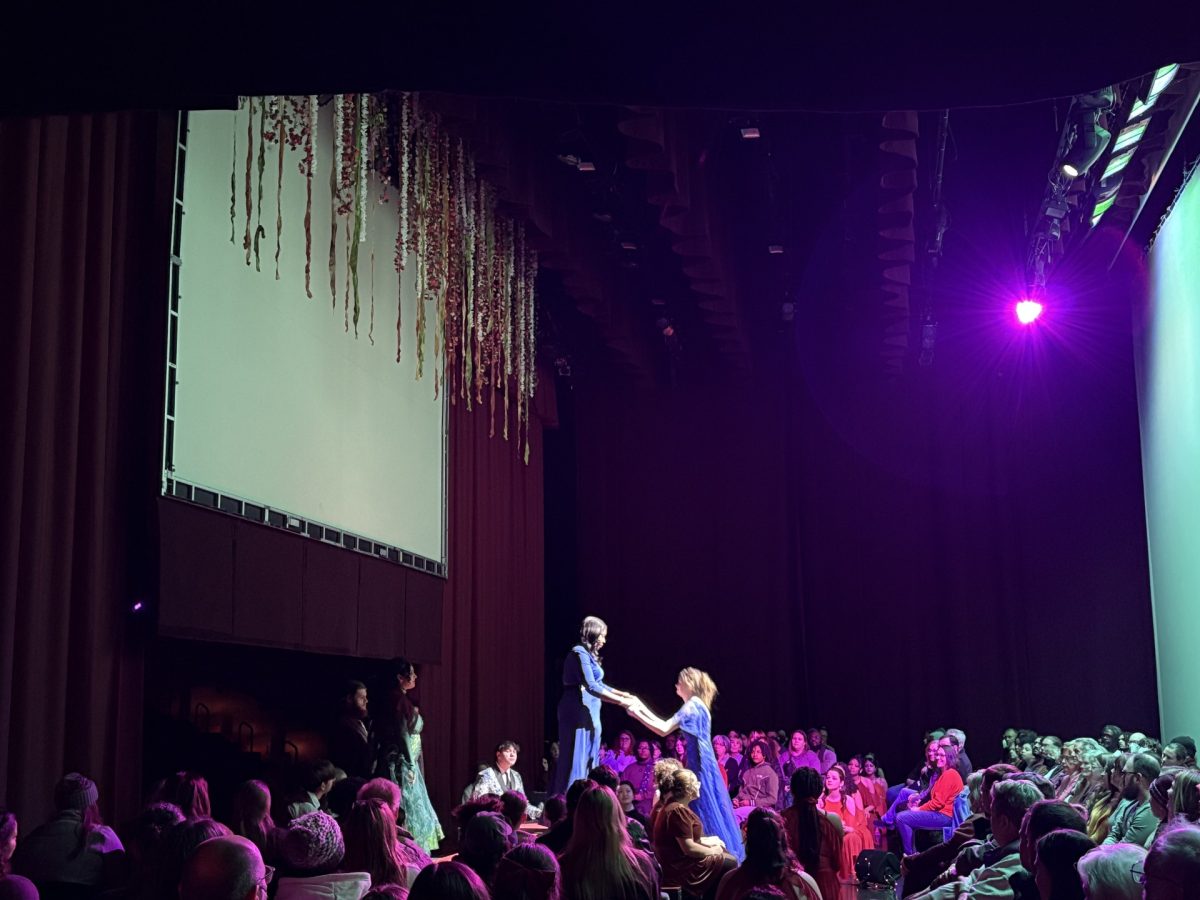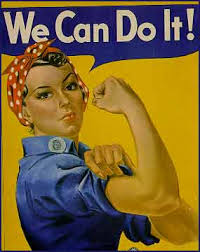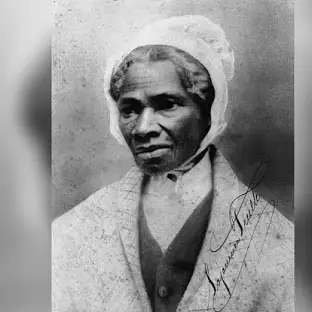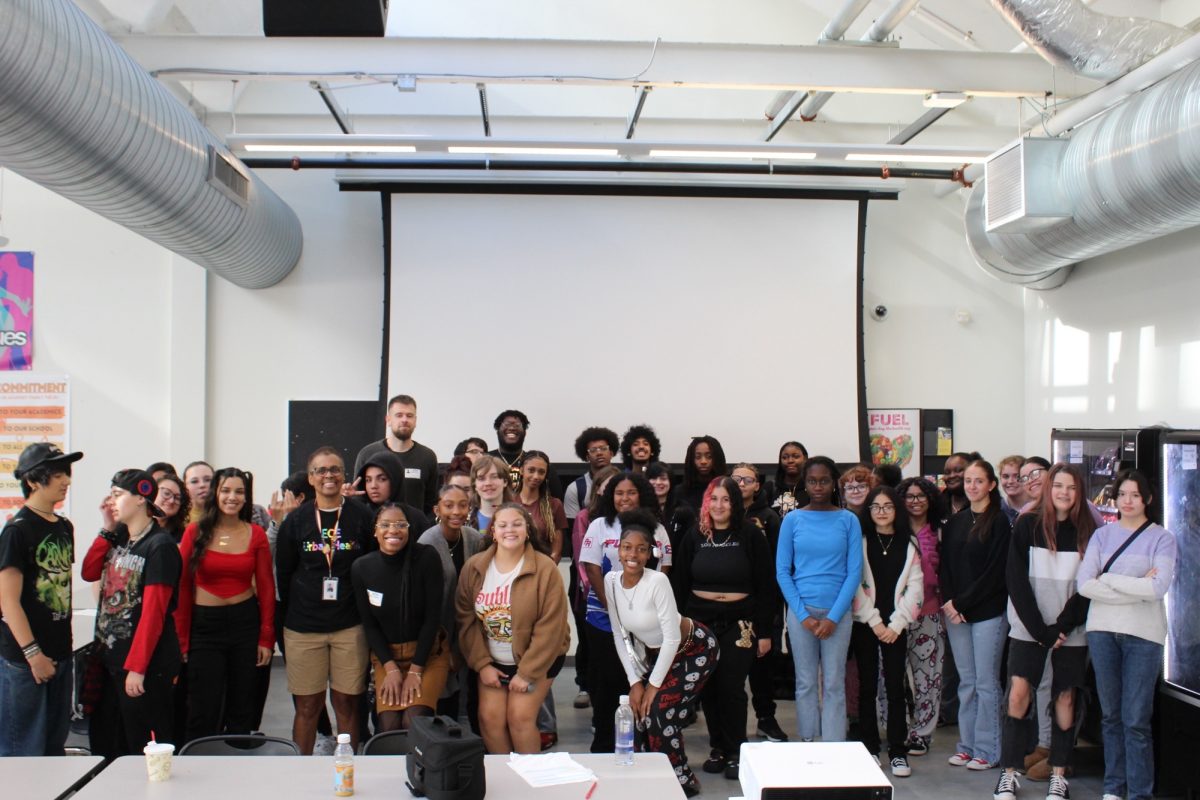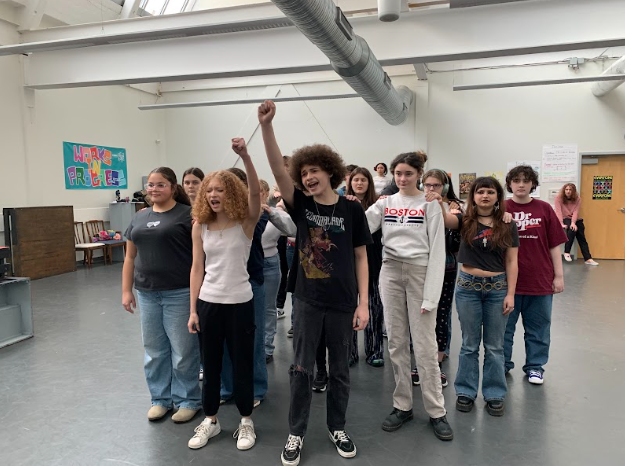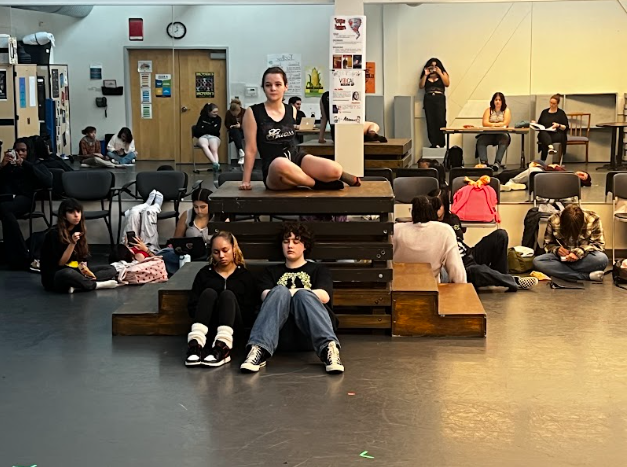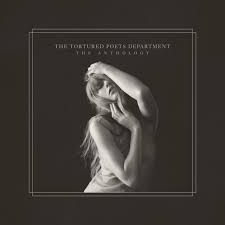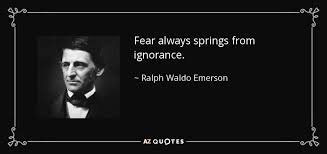In Winston Churchill’s speech entitled “We Fight On The Beaches,” the speaker, Winston Churchill, chooses a tone of unwavering determination and resilience to convey the message that the British Army must continue fighting to win the war. These tones effectively reach his audience, inspiring them to persevere and fight even when the war becomes challenging. Churchill’s assertion is that the British Army will fight to the end and refuse to give up, even when confronted with significant difficulties during the war. He employs loaded words, repetition, and strong imagery to construct a persuasive argument for his audience.
One technique that makes the beginning of this argument strong is the effective use of repetition. Winston Churchill writes, “We shall go on to the end, we shall fight in France, we shall fight on the seas and oceans, we shall fight with growing confidence and growing strength in the air, we shall defend our Island, whatever the cost may be, we shall fight on the beaches, we shall fight on the landing grounds, we shall fight in the fields and in the streets, we shall fight in the hills;…” (Churchill 21). This show of anaphora is convincing because it emphasizes the continuous fight, regardless of location or circumstance, assuring the audience of eventual victory. They will fight anywhere, anytime, and win no matter the cost, even if it means sacrificing their lives.
Another technique that strengthens his argument is the use of strong imagery. Churchill writes, “However, the German eruption swept like a sharp scythe around the right and rear of the Armies of the north” (3). This imagery creates a sense of urgency and danger. The “sharp scythe” metaphor conveys the enemy’s swift, destructive actions and highlights the severity of the situation.
Finally, the use of loaded words further enhances the argument. The speaker states, “And even if, which I do not for a moment believe, this Island or a large part of it were subjugated and starving, then our Empire beyond the seas, armed and guarded by the British Fleet, would carry on the struggle, until, in God’s good time, the New World, with all its power and might, steps forth to the rescue and the liberation of the old” (Churchill 21). Words like “starving” and “subjugated” highlight the hardships faced, while “liberation,” “power,” and “might” emphasize the unwavering resolve and eventual victory.
When considered together, these appeals are effective for the speaker’s target audience because Winston Churchill uses numerous loaded words, repetition, and strong imagery to raise morale in his soldiers. He provides them with powerful language to instill the belief that they will win. The repetition he employs encourages them to mentally affirm that they will succeed, even if it is not entirely true, and to do so even if it costs them their lives. Additionally, he uses impactful loaded words to emphasize the urgency of their situation and the necessity of action. This is why his war speech is so effective. The speaker primarily relied on pathos in his speech, as it empowers his audience by appealing to their desire to fight and their conviction in achieving victory. Ultimately, this was a very effective speech; its most compelling aspect was how persistently he affirmed their likelihood of winning and the importance of perseverance. When examining other great war speeches, whether nonfiction or fiction, they share a common trait: they all empower their soldiers and instill in them the belief that victory is attainable, regardless of the challenges they may face.
